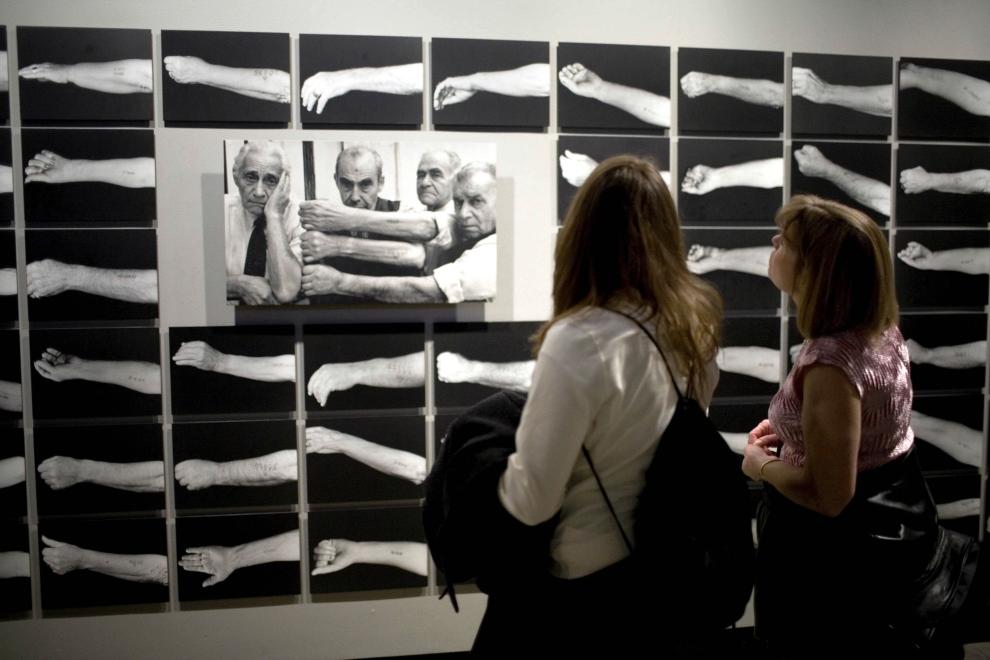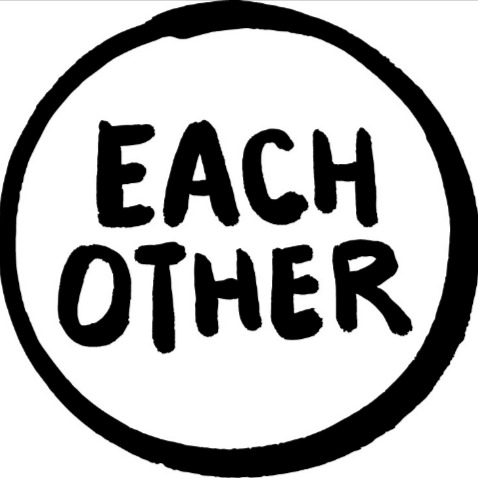Embed from Getty Images
When my Granny Pud passed away, a Torah was found, concealed, in a box at the bottom of her wardrobe.
Everybody assumed she had abandoned her religion long ago, but there it was – deliberately hidden from the piles of books publicly displayed on my grandmother’s shelves.
Besides demonstrating that – much like survivors’ tattoos – the psychological scars of the Holocaust never fade, this anecdote provides very real evidence that genocide does not begin with mass slaughter. Whether it’s the Holocaust or the killing campaigns in Bosnia and Rwanda, it stems from the gradual erosion of human rights – in Granny Pud’s case, the right to believe in and practice your religion.
From the Human Rights Convention to the International Criminal Court, the development of human rights is always traced to their deprivation.
The Nuremberg Trials and Codifying Our Rights
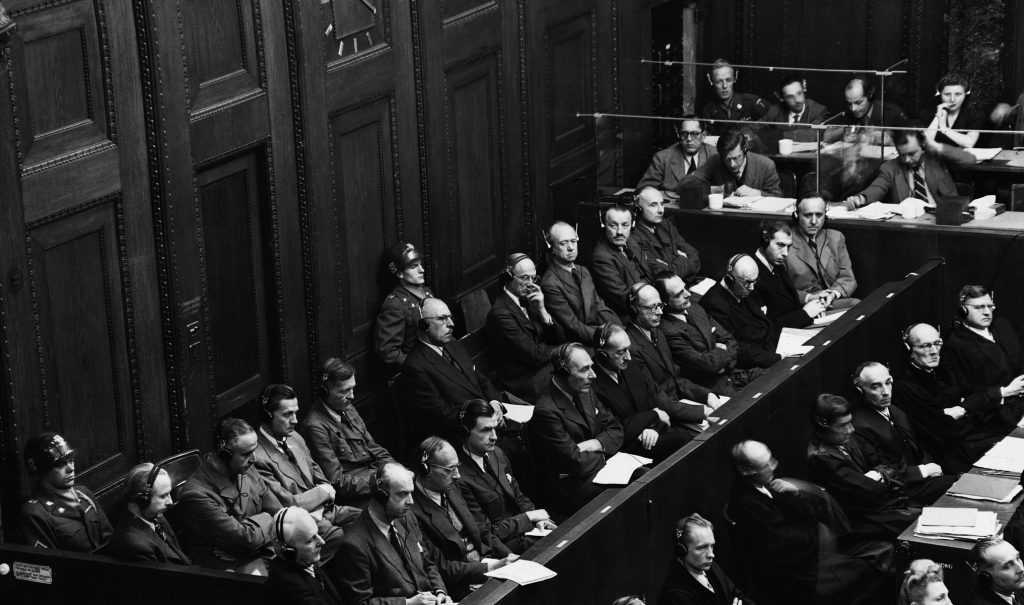 Image Credit: Tullio Saba / Flickr
Image Credit: Tullio Saba / Flickr
After the atrocities of the Holocaust were uncovered, a series of criminal trials were held in the German city of Nuremberg to ensure that those responsible were brought to justice.
Britain, along with Russia, France and the United States, played a key role in the trials. In particular, Conservative David Maxwell Fyfe – a former British army major and the future Home Secretary – acted as the country’s lead prosecutor.
As well as facilitating justice (those convicted included the commander of the German air force and Hitler’s deputy), the Nuremberg trials were crucial in establishing the list of crimes punishable under customary international law – that is, laws that have developed through custom rather than by formal agreement. This includes war crimes and crimes against humanity.
They also enshrined certain principles in law, including the notion of individual responsibility; that orders by a superior are not a defence; and that Heads of State or Government can be held liable.
The Human Rights Convention as a Benchmark
Video Credit: RightsInfo / YouTube
In 1948, and as the Nuremberg trials concluded, the international community came together to adopt the Universal Declaration of Human Rights (UDHR) – effectively the first bill of human rights. Although significant in principle, the UDHR lacked enforceability.
Our light will be a beacon to those at the moment in totalitarian darkness and will give them a hope of return to freedom
David Maxwell Fyfe on the Human Rights Convention
In comparison, the Human Rights Convention, drafted just two years later, was given judicial clout in the form of the European Court of Human Rights. A bastion of the Convention, the court enables individuals to challenge violations inflicted by member states.
Once again, this was considered necessary because of the horrors of World War II – and the Holocaust in particular.
International Criminal Tribunals
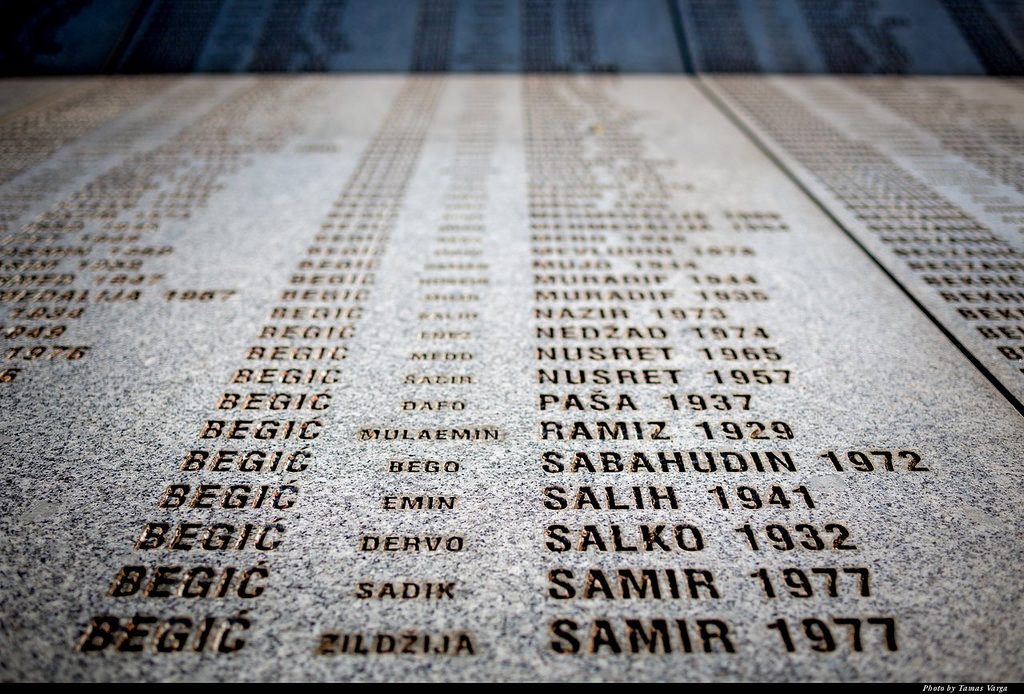 Victims of the Bosnian massacre. Image Credit: Tamas Varga / Flickr
Victims of the Bosnian massacre. Image Credit: Tamas Varga / Flickr
Despite Europe’s vow that ‘never again’ would the world allow such horrors, the 1990s were plagued with two further atrocities.
The first involved the genocide of the Tutsi people by the Hutu majority government in Rwanda. At the height of the violence (between April and June 1994) an estimated 800,000 people were killed.
The second relates to attempts by the Serb army to ethnically cleanse Muslims from territory within the former state of Yugoslavia. At the massacre of Srebrenica (in what is now Bosnia) in 1995, some 8,000 Muslim men were murdered – the worst instance of mass slaughter since World War II.
In response, the UN Security Council, which includes Britain, established the International Criminal Tribunal for the Former Yugoslavia (ICTY) in 1993 and the International Criminal Tribunal for Rwanda (ICTR) in 1994.
As well as pursuing retribution, both tribunals set precedents that expand the boundaries of international human rights law. The ICTY, for example, determined that enslavement constitutes a crime against humanity, while the ICTR declared rape a means of perpetrating genocide.
Both atrocities also furthered momentum for a permanent international criminal court to prosecute perpetrators of genocide, crimes against humanity and war crimes.
This became a reality when the Rome Statute was signed in 1998, which led to the International Criminal Court (ICC) being set up in 2002. Britain is a party to the ICC, which means our political leaders can be tried if our own courts are ‘unable or unwilling’ to prosecute them.
So far, the ICC has issued 9 convictions, including against former vice president of the Democratic Republic of Congo, Jean-Pierre Bemba Gombo. Bemba is currently serving an 18-year prison sentence for war crimes, including the use of rape as a weapon of war.
The Pinochet Precedent on Torture
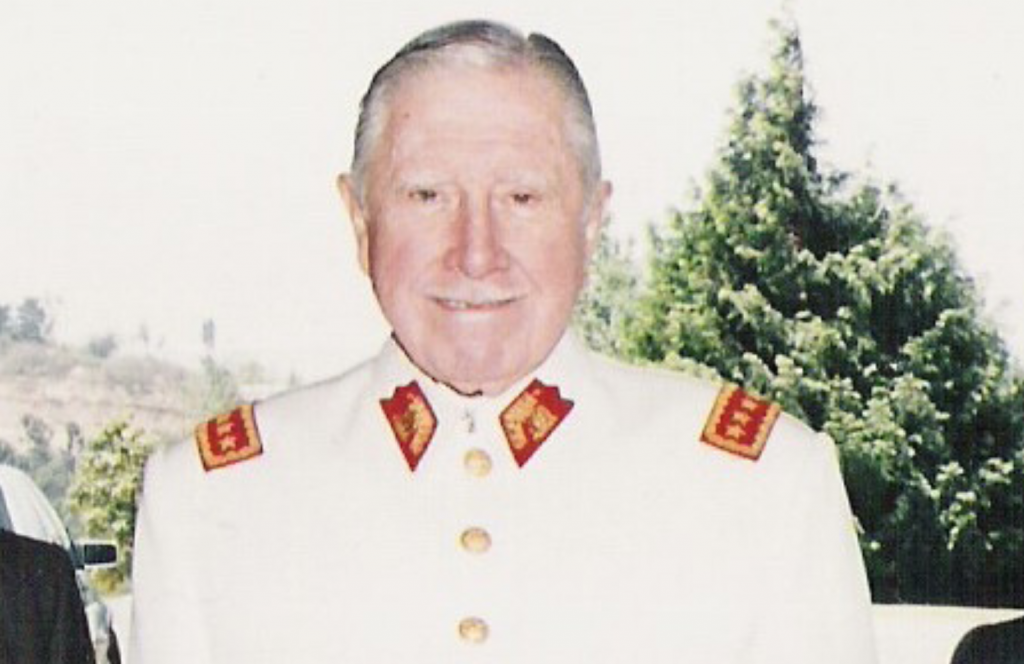
General Pinochet. Image Credit: Emilio Kopaitic / Wikimedia
In 1998, the same year that the UK passed the Human Rights Act, another key development took place – this time off the back of a human rights atrocity in Chile.
For over two decades, Chilean President General Pinochet led a brutal regime of repression, authorising human rights violations including the use of torture. This encouraged Spain to issue a European warrant for his arrest under international criminal law.
When Pinochet later arrived in the UK for medical treatment, the British authorities arrested him, hoping to extradite the President to Spain. But they encountered an unexpected stumbling block: Heads of State enjoy immunity from criminal proceedings where their actions relate to official conduct.
The UK courts were faced with an uncomfortable dilemma – international diplomacy demands immunity for heads of state, yet torture is prohibited. After deliberation, the House of Lords (now the Supreme Court), concluded that Pinochet was not entitled to immunity over torture – the prohibition would be effectively meaningless otherwise.
Although the extradition did not go ahead for unrelated reasons (Pinochet’s acts were not classed as criminal at the time they were committed), the case remains a significant one. It means that individuals responsible for horrific and systematic crimes cannot hide behind their political status.
Preventing poison
A genocide is a poisonous bush that grows not from two or three roots, but from a whole tangle that has mouldered underground without anyone noticing
Jean Hatzfeld’s novel ‘Life Laid Bare’
Put simply, human rights ensure people prevent this tangle. They help to avoid the very atrocities in which people’s rights were so cruelly denied, and which ironically gave rise to their creation.
This piece is part of our #FightHateWithRights series and made possible by you through our crowd funder. The documentary, which will be launched on November 16, tells the story of three survivors of genocide.

